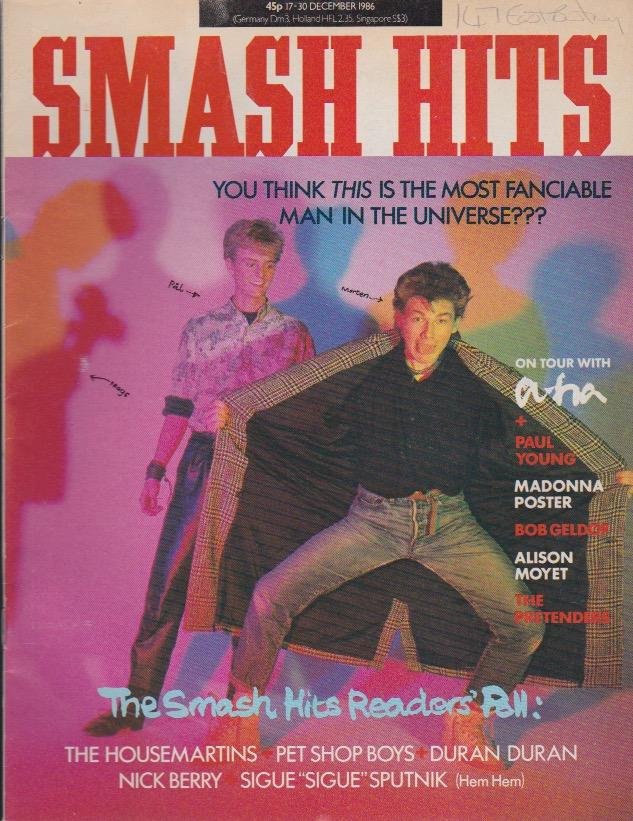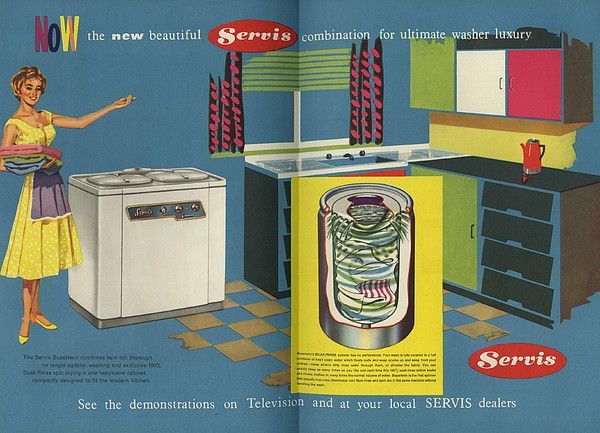
The opening sentence has an almost mythical status in writing. Authors agonise for months, even years, about crafting the right one. Often it’s the last thing to be written. 

Which is odd, because very few people abandon a book if they don’t like the first sentence. It’s not like the first sip of wine that tells you if the Grand Cru has been corked! Most people at least finish Chapter One. 

But there’s a common belief that the first sentence must pull the reader into the novel. It must also be a firm handshake between the author and the reader, set the mood, indicate the tone of voice, prove the author can spell and many other things. 

Gordon Lish is (probably) the High Priest of the opening sentence. “The attack sentence,” as he calls it, forms the first provocation to the reader. Every following sentence must expand, loop back, reflect or conflict with what precedes it. 

But pulp is a bit different from general fiction. It has its own norms and standards and the opening pulp sentence normally has to work with these as well.
So what does it need to do?
So what does it need to do?

Well there’s already a lot of things that pull a reader into a pulp book: the cover art, the title, the strapline, the back cover blurb, and most importantly the genre. Pulp readers tend to know what they’re getting into before they even read the first sentence of the book. 

Which is why a pulp first sentence often tries to confirm to the reader that they are indeed in the expected genre. Is this really military sci-fi, or just space adventure with epaulettes? The opening sentence should reassure you where you are. 

For some genres this expectation is front-loaded: Westerns start with a western scene; hard-boiled detectives start with a hard-boiled sentence; space opera starts in space. Begin anywhere else and the reader feels on edge. 

But for others it’s a slow simmer: horror stories don’t start with horror, love stories don’t begin with love. The genre expectation is we build up to these moments, so we don’t want to start in the middle of the action. Otherwise we worry if we’re actually in the right book. 

The second job of the first sentence is to play the rhythm of the genre. Is this staccato, on-the-nose storytelling? (“Hank counted the stack of money.” Chester Himes, A Rage In Harlem)... 

...or is it lyrical mystery? (“The man came out of the twilight when the greenish yellow of the sun’s last light shrill lingered in parts of the west.” Clifford D Simak, Time And Again) 

...or is it haunted sensibility? (“To see Menfreya at its best was to see it in the morning.” Victoria Holt, Menfreya) 

Knowing the rhythm early on really does matter in pulp. How violent, or emotional, or witty, or laconic, or clever-clever the story is needs signaling early on to reassure the reader they made the right purchase. 

So as a rule of thumb count the number of adjectives in the opening sentence and then check the scansion. Less of both shows the novel tends towards toughness. Unrhythmical adjectives indicate cleverness. Concise poetry means the heart is talking. 

Which doesn’t mean all the other opening sentence jobs are not important: setting the mood, framing the story, introducing the main character, punching the reader in the face… 

...it just means that in pulp the book cover has already made a promise to the reader. The opening sentence confirms the author is likely to cash the cheque.
More stories another time.
More stories another time.

• • •
Missing some Tweet in this thread? You can try to
force a refresh






















